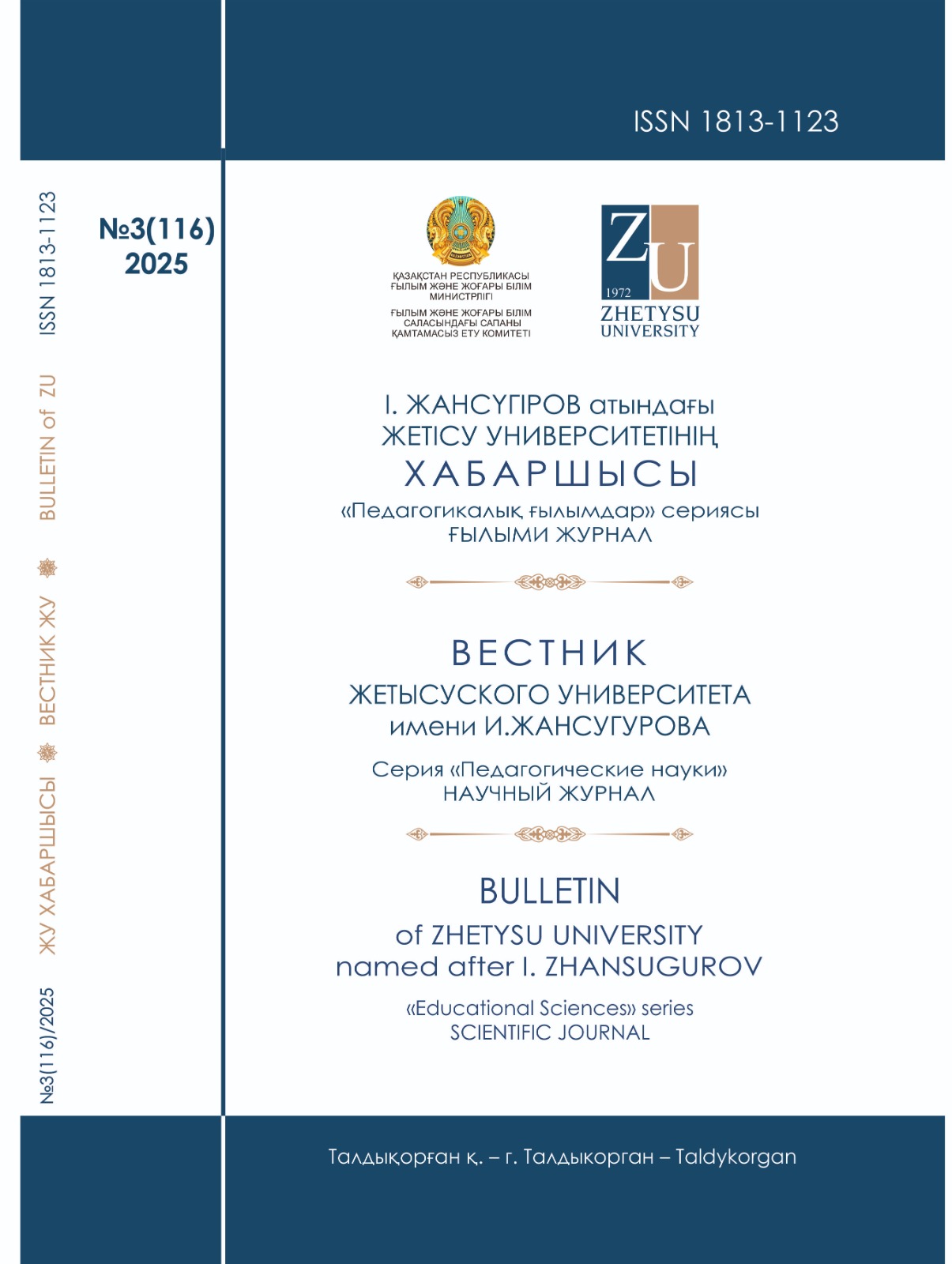ENHANCING STUDENTS’ RESEARCH SKILLS IN CHEMISTRY THROUGH THE STEM-PjBL METHOD
DOI:
https://doi.org/10.53355/ZHU.2025.116.3.003Keywords:
STEM-PjBL, research skills, project-based learning, scientific methodology, practical skillsAbstract
This study aimed to analyze the effectiveness of applying the STEM-PjBL (project-based learning grounded in science, technology, engineering, and mathematics) model in the process of teaching chemistry, with a particular focus on developing students’ research skills. The central idea of the study was to integrate theoretical knowledge with practical activities in order to enhance research competencies, laboratory literacy, and collaborative skills. The research involved 18 second-year undergraduate students who were engaged in three project-based laboratory tasks: determining water hardness, testing the purity of salt, and investigating metal corrosion. To comprehensively evaluate the development of cognitive and practical abilities, a combination of surveys, practical tasks, and interviews was employed. The results demonstrated that the STEM-PjBL model significantly improved students’ scientific thinking, laboratory literacy, scientific communication, and independent decision-making skills. Moreover, the findings revealed that the model fostered creative thinking and collaborative problem-solving abilities, particularly during group discussions and project-based tasks. These outcomes highlight the scientific significance of integrating the STEM-PjBL model into chemistry education, as it provides a pedagogically effective approach to combining theoretical knowledge with practice, thereby ensuring the development of essential research skills. From a practical perspective, the implementation of this model contributes to improving students’ academic achievement, enhancing their professional competencies, and preparing them for future scientific and professional activities.

 ҚАЗ
ҚАЗ РУС
РУС ENG
ENG
